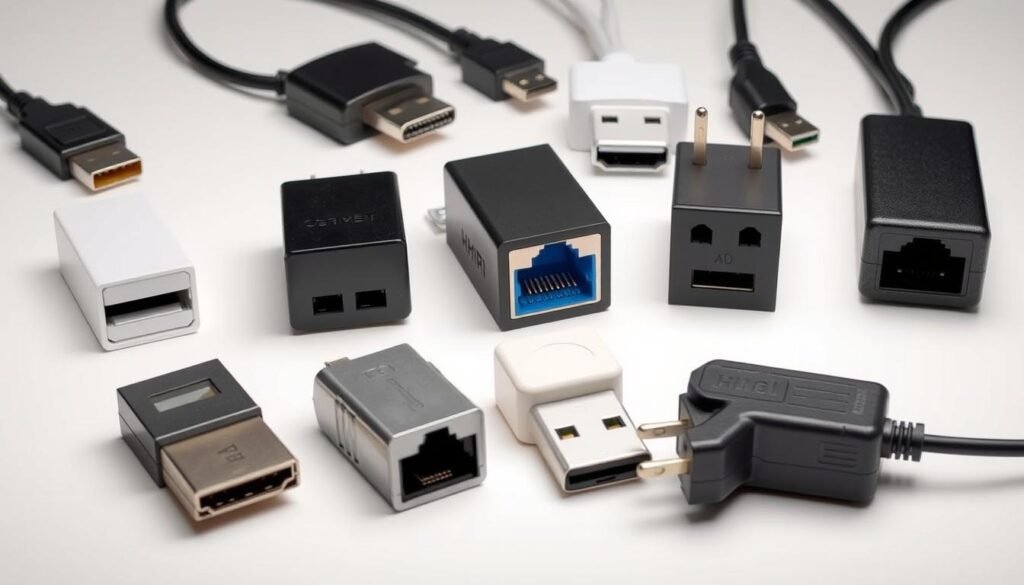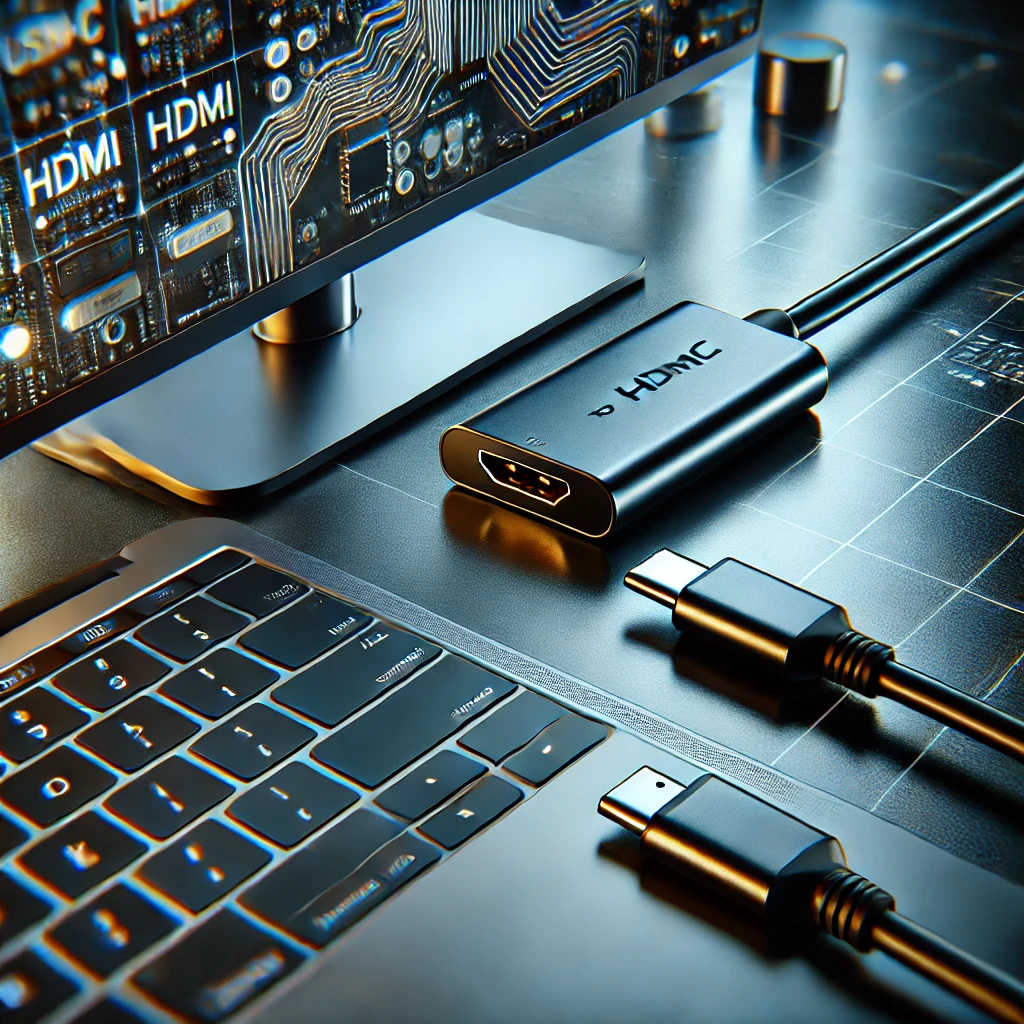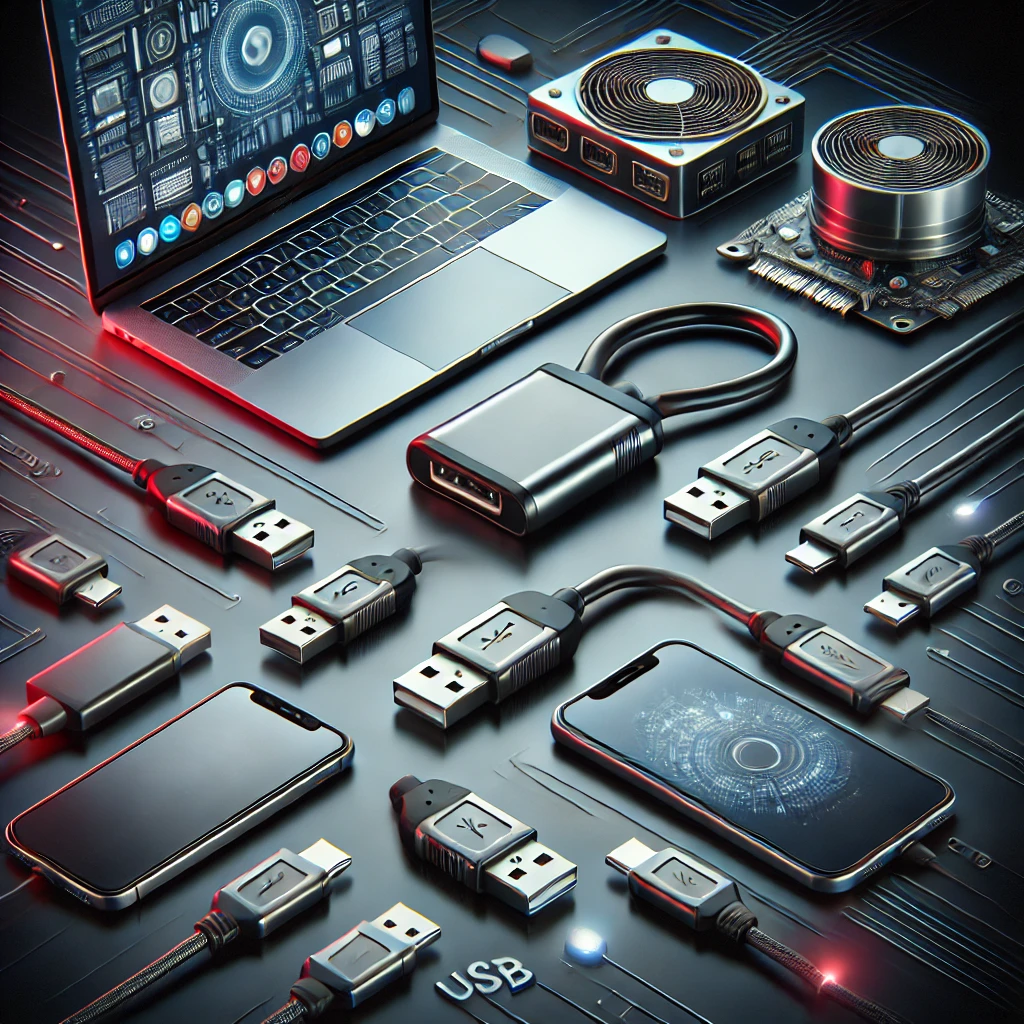Introduction
Adapters are an integral part of our technological landscape, allowing devices with different connectors, signals, or communication protocols to interact seamlessly. Despite their widespread use, many misconceptions surrounding adapters persist. This article aims to debunk common myths, clarify the true nature of adapters, and provide a better understanding of their role in technology.
What Are Adapters?
Adapters are devices that facilitate the connection between two or more incompatible systems or components. By converting one type of signal, connector, or interface into another, they enable devices that otherwise couldn’t interact to function together. Whether it’s a simple plug adapter or a complex audio/video converter, adapters are essential in ensuring compatibility in our increasingly interconnected world.
Key Functions of Adapters
- Signal Conversion: Adapters can convert analog signals to digital and vice versa, ensuring that different devices can interpret the data being transmitted.
- Connector Compatibility: Many devices have unique connectors. Adapters bridge these gaps by converting one connector type to another.
- Protocol Translation: Adapters may translate communication protocols, allowing devices that use different standards to work together.
Common Misconceptions About Adapters
1. All Adapters Degrade Signal Quality
Myth
Many people believe that using any adapter will result in a loss of signal quality, leading to poor audio or video performance.
Reality
While it is true that some low-quality adapters can introduce noise or degrade signal integrity, many high-quality adapters maintain excellent signal quality. Investing in reputable brands and certified products can significantly reduce the risk of signal degradation. High-quality materials and proper design play crucial roles in ensuring that the original signal is preserved.
2. Adapters Are Only Necessary for Legacy Devices
Myth
There’s a perception that adapters are only needed to connect outdated or legacy devices to modern technology.
Reality
Adapters are necessary for various devices, regardless of their age. As technology evolves, new standards emerge, rendering older devices obsolete. Adapters help bridge these gaps, allowing users to continue using their existing devices without the need for costly replacements. For instance, a USB-C to HDMI adapter is essential for connecting modern laptops to older display technologies.
3. Cheap Adapters Work Just as Well as Expensive Ones
Myth
Some users believe that cheaper adapters will provide the same performance as their more expensive counterparts.
Reality
While there are affordable options that can perform adequately, cheaper adapters are often made with lower-quality materials and may lack the necessary certifications. This can lead to issues such as poor performance, compatibility problems, or even damage to connected devices. Investing in a reputable brand often results in better performance, reliability, and longevity.
4. All USB-C Adapters Are the Same
Myth
Many people think that any USB-C adapter will work universally across devices.
Reality
USB-C is a versatile standard, but not all USB-C adapters are created equal. Different adapters may support varying protocols, such as Thunderbolt 3, USB 3.1, or HDMI. Each adapter may also have specific power delivery capabilities, data transfer rates, and compatibility with devices. Always check the specifications to ensure that the adapter meets the requirements of the devices you plan to connect.
5. Adapters Can Fix All Connectivity Issues
Myth
Some users believe that simply using an adapter will resolve all connectivity problems between devices.
Reality
While adapters can help bridge compatibility gaps, they cannot address underlying issues such as faulty cables, damaged ports, or incompatible devices. If you experience connectivity issues, it’s essential to troubleshoot the problem by checking all components involved, including the devices, cables, and ports, before assuming that an adapter is the solution.
6. Adapters Are Only for Audio and Video Connections
Myth
There’s a common belief that adapters are primarily used for audio and video connections.
Reality
Adapters serve a wide range of functions beyond audio and video. They are crucial for power delivery, networking, and data transfer as well. Examples include Ethernet to USB adapters for internet connectivity, power adapters for converting voltage levels, and many others that facilitate the seamless operation of various devices in different contexts.
Real-Life Scenarios
Home Theater Systems
Imagine you want to connect your laptop to an older projector for a presentation. Using an HDMI to VGA adapter can bridge the gap between modern and legacy technologies, allowing you to present without any issues.
Gaming Setups
Gamers often rely on adapters to enhance their setups. For example, a USB to Ethernet adapter can help stabilize online gaming connections, providing a more reliable experience compared to Wi-Fi.
Maintenance Tips
- Proper Storage: Store adapters in a cool, dry place to prevent damage.
- Avoid Overuse: Minimize wear and tear by not leaving adapters plugged in when not in use.
- Regular Inspection: Check for any signs of wear or damage, especially in connectors and cables.
Future Trends in Adapter Technology
Emerging Technologies
As technology continues to evolve, the future of adapters looks promising. Innovations such as wireless adapters and smart adapters that offer built-in features like signal enhancement and device recognition are on the horizon. Additionally, the introduction of USB4 is expected to standardize connectivity further and improve compatibility across various devices.
FAQs About Adapters
1. Can I use a USB adapter for Thunderbolt devices?
- Answer: No, USB and Thunderbolt are different protocols. Always ensure that the adapter is explicitly designed for the device type you are connecting.
2. What should I do if my adapter doesn’t work?
- Answer: Check the connections, ensure compatibility, and try using a different adapter or cable to troubleshoot the issue.
3. Are there eco-friendly options for adapters?
- Answer: Yes, many manufacturers now produce eco-friendly adapters made from sustainable materials. Look for certifications and recycling options.
Conclusion
Understanding the realities of adapters can help demystify their role in technology and reduce confusion. By debunking common misconceptions, we can better appreciate how adapters facilitate connectivity and enhance the functionality of our devices. Whether you’re connecting audio equipment, monitors, or power sources, knowing the facts about adapters will empower you to make informed decisions and ensure a seamless technological experience. If you have any personal experiences or tips related to using adapters, feel free to share in the comments below!
Resources for Further Learning
- YouTube Tutorials: Search for video tutorials on adapter technology and DIY electronics.
- Electronics Forums: Join forums to discuss and share your projects with fellow enthusiasts.
- Books on Electronics: Consider reading books that delve deeper into connectivity standards and electronics.
Related Articles:
- Mastering Adapters: Tips for Proper Use and Maintenance
- Adapters 2.0: Navigating the Future of Connectivity
- Decoding Adapter Jargon: A Beginner’s Guide to Adapter Terminology
- Navigating the Adapter Maze: Tips for Choosing the Perfect Fit
- Demystifying Adapters: Debunking Common Misconceptions
- Unlocking Possibilities: The Advantages of Adapters in the Tech World
- Decoding the Magic: How Adapters Make Tech Speak the Same Language
- Adapters Through the Ages: A Journey from Analog to Digital
- Adapters Through the Ages: A Journey of Technological Evolution
- Adapters: The Unsung Heroes of Connectivity



